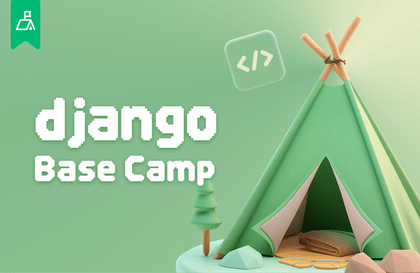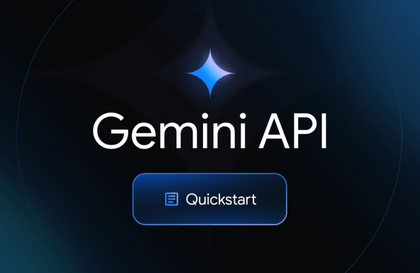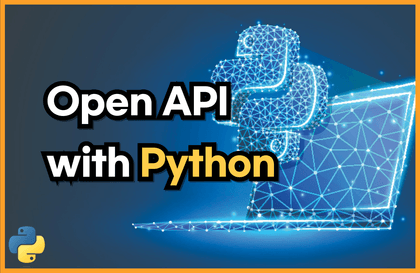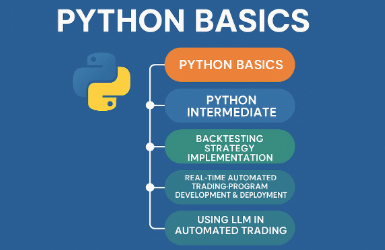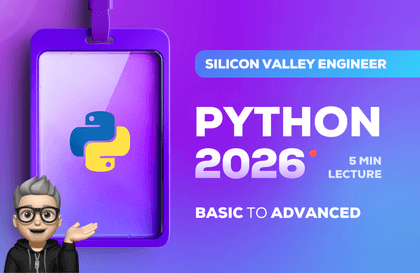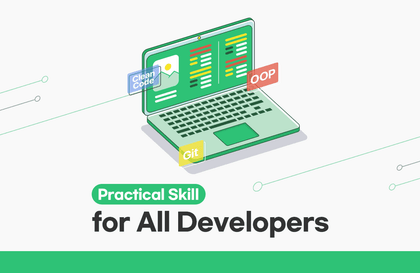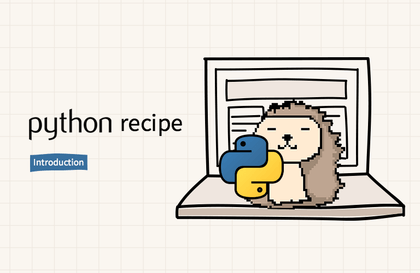Trước hết, tôi xin thông báo với bạn rằng tôi sẽ trả lời câu hỏi của bạn bằng cách tham khảo Viện Ngôn ngữ Hàn Quốc và Từ điển Tiêu chuẩn Ngôn ngữ Hàn Quốc.
Xin chào, đây là người hướng dẫn Bae Koblin.
Tôi sẽ trả lời sau khi kiểm tra những gì bạn nói!
Nếu bạn kiểm tra việc sử dụng thông tin bạn đã cung cấp, có vẻ như bạn đã đưa ra ý kiến sử dụng cụm từ 'chúng tôi' nếu bao gồm người nghe và 'chúng tôi' nếu không.
Đây là một trong những phần tôi gặp rất nhiều khó khăn khi viết kịch bản.
Trong từ điển, tức là phần ngữ pháp, chúng ta có nghĩa như sau.
1. "Đại từ ngôi thứ nhất dùng để chỉ người nói và người nghe, hoặc chỉ một số người trong đó có người nói và người nghe"
2. "Đại từ ngôi thứ nhất dùng để chỉ nhiều người, kể cả chính mình, trong mối quan hệ với người không cao hơn người nói."
Chúng tôi là một biểu hiện nhỏ bé của chính mình trong từ điển.
Vào lúc này, nó dùng để hạ thấp hai trong ba ý nghĩa mà chúng ta có.
Khi bạn sử dụng chúng tôi, bạn đang nói rằng bạn đang nâng cao người nghe bằng cách hạ thấp nhóm bạn hiện đang tham gia.
Vì vậy, người ta nói rằng việc sử dụng nó khi người nghe bị loại trừ khỏi sự thuộc về là điều đương nhiên.
Các trường hợp mà chúng ta có thể được sử dụng có thể được tóm tắt như sau:
1. Khi người đối diện không cao hơn bạn.
2. Khi thể hiện mối quan hệ thân thiết với chính mình
Trong trường hợp các bài giảng trên Internet, thuật ngữ chúng tôi và cách sử dụng của chúng tôi có phần mơ hồ.
Trong trường hợp người nghe hiện tại, không thể đảm bảo rõ ràng rằng người nói cao hơn người nghe, chẳng hạn như giáo viên và học sinh, và phải thận trọng khi sử dụng các cách thể hiện sự bổ nhiệm vì một số lượng người không xác định có thể tham gia khóa học.
Tuy nhiên, khi sử dụng 'woo', nhóm mà người nói thuộc về sẽ bị hạ thấp, nhưng vì người nghe cũng được bao gồm trong lớp nên nó có thể không được tự nhiên vì nó bao gồm cả cách diễn đạt lên và xuống.
Tuy nhiên, nếu bạn sắp xếp điều này và suy nghĩ về cách sử dụng nó, bạn có thể sử dụng "chúng tôi" khi bạn sử dụng cách diễn đạt lịch sự "chúng tôi" và "chúng tôi" khi bạn sử dụng cách diễn đạt thân thiện và thân mật hơn.
Đặc biệt, xét rằng trong hầu hết các chữ viết, chúng tôi được sử dụng trong một tình huống viết tắt chẳng hạn như 'khóa học của chúng tôi' hoặc 'trong khóa học của chúng tôi', việc hạ thấp chúng tôi được cho là một cách diễn đạt hạ thấp khóa học và nâng cao học sinh.
Cảm ơn



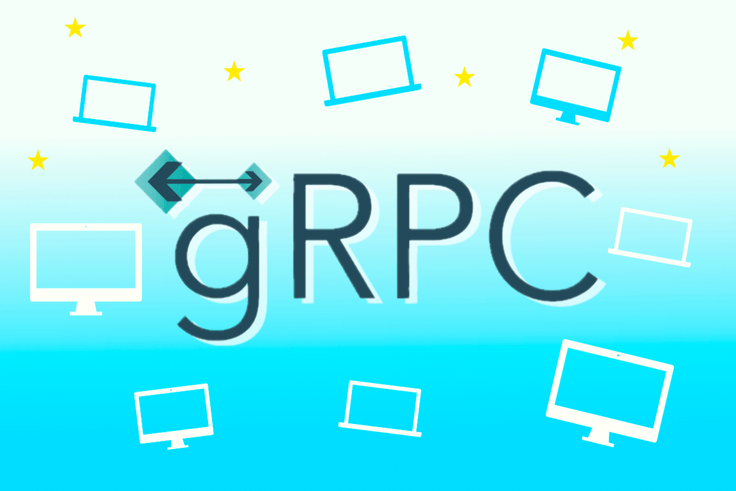










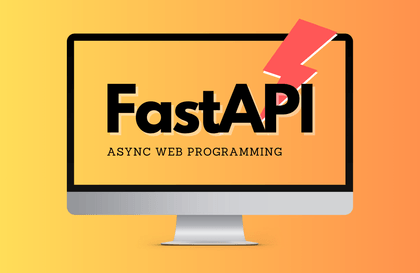
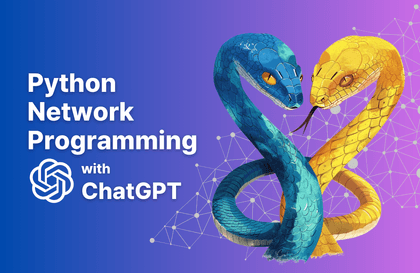

![[Làm mới] Nhập môn Backend Python và Công nghệ Web cho người mới bắt đầu (Python trung cấp, hiểu về Backend và công nghệ Web cơ bản với flask[Flask]) [Fullstack Part1-1]Hình thu nhỏ khóa học](https://cdn.inflearn.com/public/course-325804-cover/6afae82f-e06b-4a0b-914d-2bdf7b1f5b60?w=420)
